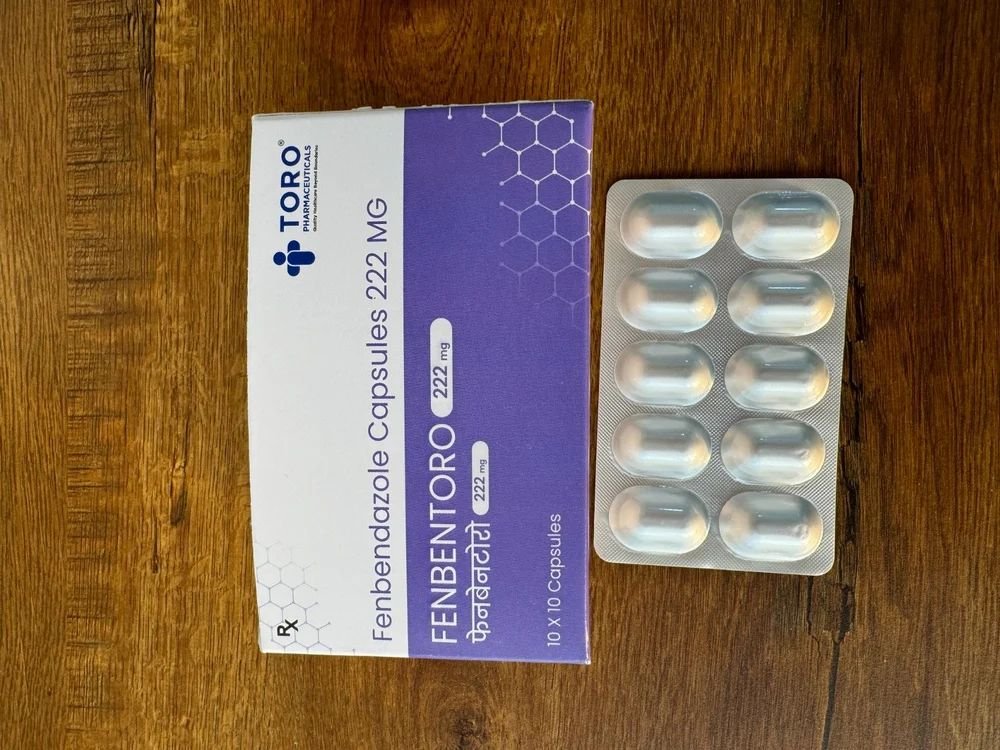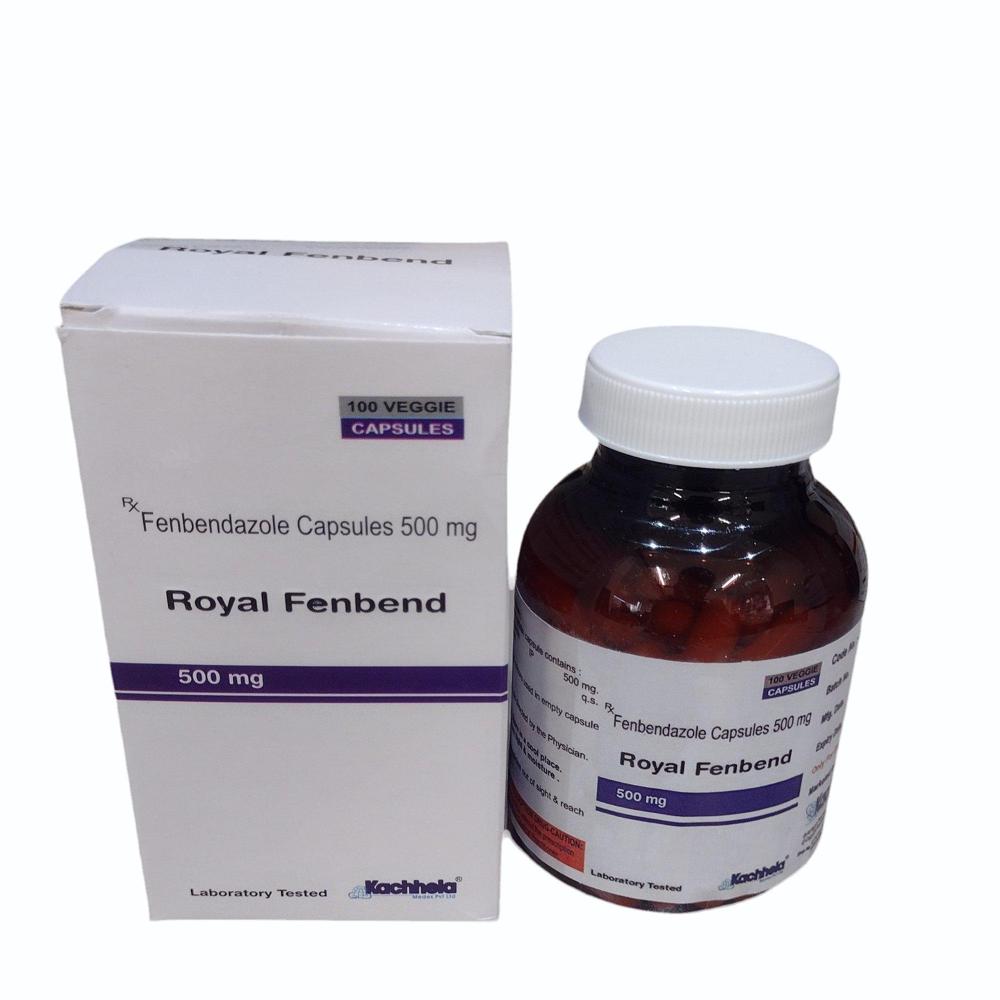222 mg fenbendazole: What You Should Know for Animal Health
Wiki Article
Checking out the Systems Behind Fenbendazole and Its Effect on Pet Health And Wellness
Fenbendazole is a widely used anthelmintic understood for its effectiveness against different bloodsuckers. Its key mechanism entails the inhibition of microtubule formation, which disrupts critical processes in these pathogens. Past its antiparasitic buildings, fenbendazole likewise shows up to improve immune reactions and has anti-inflammatory benefits. Recognizing these complex impacts might reveal brand-new applications for animal health. Inquiries stay regarding its full possibility and safety account.The Pharmacokinetics of Fenbendazole
The pharmacokinetics of fenbendazole, a widely utilized anthelmintic in veterinary medication, entails the research of its absorption, distribution, metabolic process, and discharging within animal systems. After management, fenbendazole is quickly soaked up from the stomach system, with peak plasma concentrations happening within hours. Its circulation is affected by aspects such as cells binding and lipid solubility, permitting it to pass through numerous tissues successfully. The medication undertakes comprehensive metabolism mainly in the liver, where it is exchanged active and inactive metabolites. These metabolites play a role in the medication's total effectiveness and safety account. Excretion happens largely via feces, with a smaller proportion gotten rid of via pee. The half-life of fenbendazole differs among types, which affects application regimens. Comprehending these pharmacokinetic buildings is necessary for maximizing its healing use and guaranteeing effective parasite control in veterinary methods.Systems of Activity Versus Bloodsuckers
Fenbendazole exerts its antiparasitic results largely via the restraint of microtubule development in parasites. This disruption influences their architectural integrity and cellular features, bring about impaired energy metabolic rate. Because of this, the drug efficiently compromises the survival and recreation of different parasitical organisms.Inhibition of Microtubule Formation
Inhibition of microtubule formation stands for a critical mechanism with which specific anthelmintic representatives, including fenbendazole, exert their results on bloodsuckers. Fenbendazole binds to tubulin, a healthy protein that forms microtubules, interrupting the polymerization process needed for microtubule setting up. This interruption harms vital mobile functions, including mitosis, intracellular transport, and structural integrity. As microtubules play a crucial role in keeping the shape and function of parasitical cells, their inhibition results in cell cycle apprehension and eventual death of the bloodsucker. This system is specifically effective against nematodes, as their reliance on microtubules for flexibility and nutrient absorption makes them prone to fenbendazole. The restraint of microtubule development is an essential element of fenbendazole's therapeutic efficiency in veterinary medicine.Disruption of Energy Metabolic Process
Disrupting basal metabolism is one more essential system by which fenbendazole targets parasitical microorganisms. This anthelmintic changes the energy manufacturing paths within parasites, largely impacting their capacity to generate adenosine triphosphate (ATP) By preventing glucose uptake and interfering with mitochondrial function, fenbendazole limits the energy sources vital for the survival and reproduction of these microorganisms. Because of this, bloodsuckers come to be progressively at risk to ecological stress and anxieties and immune feedbacks. Moreover, the disturbance in basal metabolism not just impacts the parasites directly but also minimizes their ability to assimilate nutrients, further harming their development. Generally, the interruption of basal metabolism represents a basic aspect of fenbendazole's effectiveness versus various parasitical infections, contributing greatly to enhanced pet health end resultsPotential Side Impacts and Security Profile
The prospective side results and security account of fenbendazole warrant mindful consideration, particularly in vet applications. While generally considered as secure, some animals may experience negative responses, including stomach disturbances such as vomiting and diarrhea. Furthermore, neurological signs, although uncommon, have been reported in sensitive people, highlighting the demand for surveillance throughout treatment.
Fenbendazole's safety and security in various types, consisting of canines and cats, has been documented, however dosage and duration of therapy must be thoroughly taken care of to reduce risks. Expecting or lactating pets might also call for special attention, as the effects on establishing unborn children or nursing spawn are not completely comprehended.
Regular vet assessments can help mitigate potential side impacts and assure the drug is provided appropriately. As a result, while fenbendazole is an effective anthelmintic agent, caution concerning its adverse effects is important for maintaining animal health and wellness.

Fenbendazole's Impact on Immune Function
Fenbendazole has actually been kept in mind for its prospective to modulate immune system actions in pets. Its anti-inflammatory residential properties may add to improved immune feature, giving a double benefit in taking care of health (222 mg). Comprehending these effects is crucial for reviewing fenbendazole's duty in veterinary medicationImmune System Inflection

Anti-inflammatory Residences
Anti-inflammatory results stand for a significant aspect of fenbendazole's influence on immune function. Research indicates that fenbendazole might decrease the manufacturing of pro-inflammatory cytokines, which are essential in moderating inflammatory actions. By regulating these cytokines, fenbendazole can possibly reduce inflammation-related problems in pets. This anti-inflammatory activity not just help in managing symptoms related to different illness however also enhances general immune system effectiveness. In addition, its ability to promote a well balanced immune feedback helps avoid extreme inflammatory damages, which can result in chronic health and wellness problems. Subsequently, fenbendazole's function in inflammation management highlights its value in vet medicine, supplying a twin benefit of antiparasitic activity and immune system assistance for animal health.Applications Past Typical Parasitic Infections
While primarily acknowledged for its effectiveness against various parasitic infections, fenbendazole has actually garnered attention for prospective applications yet traditional scope. Recent research studies recommend that fenbendazole may have valuable impacts on cellular health and immune response, making it an intriguing prospect for taking care of other health conditions in pets. Its reported anti-inflammatory buildings might offer relief for pets suffering from chronic inflammatory diseases. In addition, some study indicates that fenbendazole could play a role in supporting the total wellness of pets by boosting vitamins and mineral absorption and gastrointestinal health. Its possible as an accessory treatment in cancer treatment has sparked passion, as preliminary searchings for recommend it might hinder lump cell growth in certain contexts. These varied applications highlight fenbendazole's versatility, urging more expedition into its diverse advantages for animal health beyond its standard use as a deworming agent.Future Study Directions and Implications for Animal Health
The expedition of fenbendazole's prospective applications has opened up brand-new methods for research targeted at boosting animal wellness. Future researches can concentrate on its effectiveness versus a broader series of pathogens, consisting of microorganisms and infections, therefore expanding its duty in vet medication. The ramifications of fenbendazole's mechanisms, such as its impact on immune modulation, warrant further examination to understand how it can bolster overall wellness in different types.Furthermore, research study might explore suitable dosages and formulas to take full advantage of effectiveness while reducing possible side impacts. Examining fenbendazole's synergistic impacts with various other medications could cause a lot more efficient treatment procedures. Longitudinal studies assessing long-term outcomes in pets treated with fenbendazole could supply useful understandings into its safety and effectiveness. Generally, the ongoing exploration of fenbendazole provides promising capacity to enhance animal health, requiring a collective approach among researchers, veterinarians, and pharmaceutical designers to help with innovations in this field.
Regularly Asked Concerns
Can Fenbendazole Be Used in Livestock for Bloodsucker Prevention?
The inquiry of whether fenbendazole can be made use of in animals for parasite avoidance matters, as producers look for effective treatments (222 mg). Research suggests it might provide advantages, yet appropriate guidelines and vet advice are essential for secure useWhat Is the Recommended Dose of Fenbendazole for Different Pets?

Are There Any Type Of Recognized Medicine Communications With Fenbendazole?
Existing expertise shows that fenbendazole might engage with specific drugs, possibly affecting their efficiency or metabolic rate. Veterinary specialists advise seeking advice from a vet to examine specific animal cases and determine any possible interactions before management.How Does Fenbendazole Compare to Other Antiparasitic Drugs?
Fenbendazole is usually contrasted to various other antiparasitic drugs based on efficiency, spectrum of activity, and security accounts. It is favored for its performance versus a wide variety of parasites while generally displaying marginal side results in animals.Is Fenbendazole Effective Versus Viral or Microbial Infections in Animals?
The effectiveness of fenbendazole against viral or microbial infections in animals remains unproven. Research mostly concentrates on its antiparasitic properties, with limited proof supporting any duty in treating non-parasitic infections in vet medication.Report this wiki page